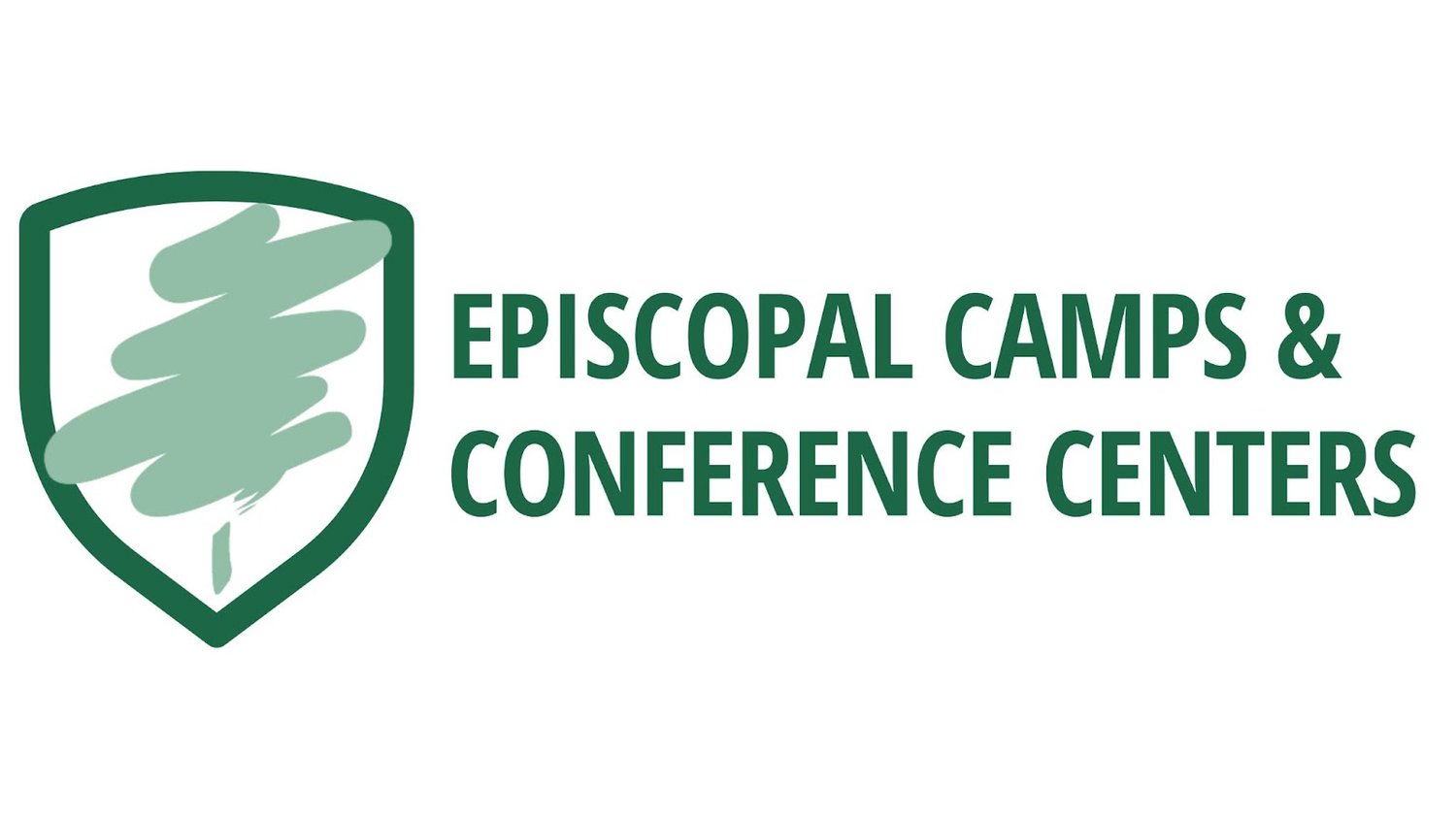Resources for land acknowledgement
Land acknowledgment is a powerful way to practice reconciliation, and to honor people who first inhabited the land your center/program is on. Acknowledging the land is also Indigenous protocol: It is a formal “thank you” to the host nation when making a presentation or announcement or holding a meeting, whether or not Indigenous individuals are present.
Publicly acknowledging the original stewards of the land you are on can be a meaningful way to honor indigenous peoples and resist erasure of their histories. The power of an acknowledgement lies in learning as much as you can about local treaties and practices, while working to build accountable relationships.
Here are some resources for making this practice a part of your Episcopal camp or conference center:
Customizable & Printable Land Acknowledgment posters designed by Native artists and compiled by the US Department of Art & Culture
Suggestions for Land Acknowledgement and moving beyond it to doing more.
A land acknowledgment is not something you “just do” before an event. Rather it is a reflection process in which you build mindfulness and intention walking into whatever gathering you are having. It should be rooted in the whose land you are honoured to stand on and should guide how you move forward in both conversations and actions.
What have you learned about the people and culture who first inhabited the land where your center now exists?
